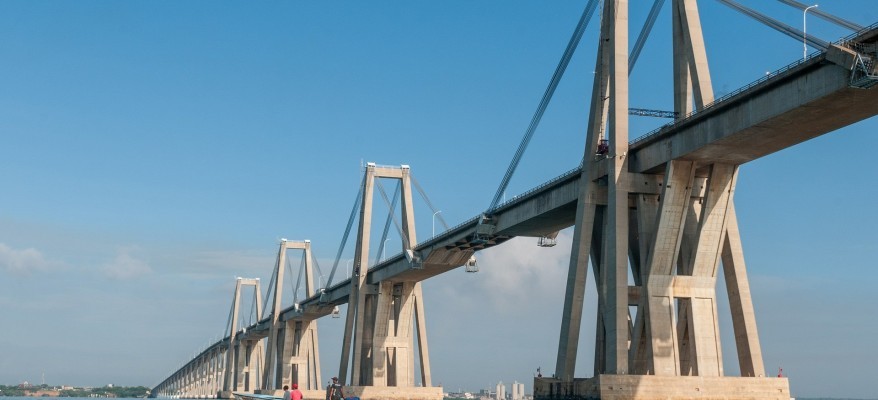Tall tales abound about why the “unsinkable” Titanic did the exact opposite of what it was supposed to do, taking 1500 of its 2200 passengers with it to the bottom of the ocean.
The demise of this luxury passenger liner, which hit an iceberg in the North Atlantic and sank in under two hours during its maiden voyage in 1912, is still the subject of controversy more than a century later.
The experts can’t agree on the reasons why.
Was it that the shipbuilders, experiencing a flurry of major projects, used sub-standard steel? Some say yes.
Was it that a good portion of the three million rivets holding the hull together contained high levels of slag, making them fracture prone? Others offer this is as the answer.
Or was it that the steel was too brittle to handle the icy conditions and simply fractured on impact with that damned iceberg? There’s another group weighing in with evidence there.
We reckon the team at Victorian Testing and Inspection Services – if we were on the job at the time – could at least have vouched for the quality (or otherwise) of the materials used in the Titanic’s manufacture.
The Titanic was, at the time of sailing, the largest and most luxurious passenger liner of its time and unfortunately the development and standardisation of the Charpy test was in its infancy.
But just think: if we were on hand, there’d be no controversy to settle more than a century later, no sunken Titanic, no missing passengers … and no teeth-gnashing over Celine Dion’s rendition of My Heart Will Go On, the featured song from the 1997 movie of the same name!


